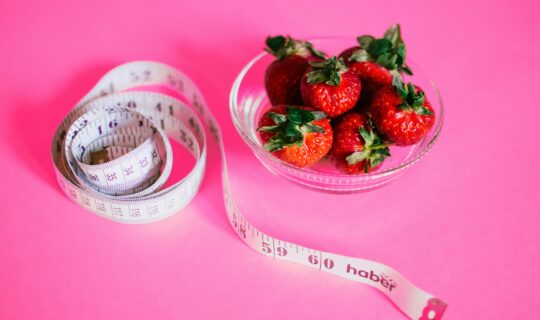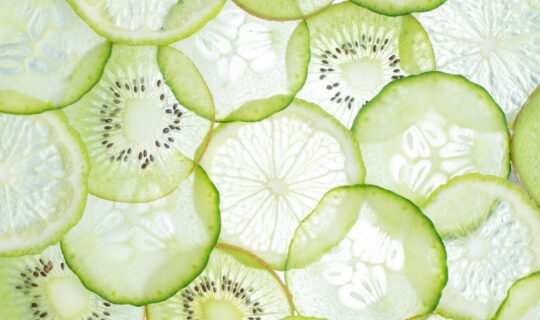If you’ve ever typed “how can I lose weight?” or “best diet to lose weight” into a search engine, you’ve likely come across countless answers—some helpful, some downright confusing or wrong. As a qualified nutritionist, I want to help cut through the noise by addressing common food and weight loss myths that may be holding…
What Does a Nutritionist Eat?
by Lucia Stansbie
I get asked so many times: what do you eat as a nutritionist?
Good question!
What I always say is that a way of eating that works for me, won’t necessarily be the best for somebody else – we are all unique individuals and so has to be our diet.
It took me time to really understand which foods and way of eating works the best for me (I am my own guinea pig) and to implement different habits into my routine…changing diet and implementing new habits is not an overnight process, but a process to be developed with time.
80% of the time I follow a diet that works for me, but I also include my favourite treats on a weekly bases – people are surprised if they see me eating a pizza with a couple of glasses of wine as they imagine a nutritionist would stay away from “unhealthy” food and just eat salads and tofu all time. Far from the truth! I truly believe there is space for everything in moderation in a healthy diet and that there is no thing such as “bad” foods; Food is also joy, happiness and we should not be only focused on kcal, micro and macros but being able to see the bigger picture.
Are you still curious to know what is an average day of food in a nutritionist’s life? This is what I have eaten today:
*Breakfast – poached eggs on rye bread and spinach with reishi mushroom powder sprinkled on the top. Being Italian I also always have a small coffee to start the day.
*Lunch – mixed vegetable stir-fry with broccoli, bamboo shoots, shitake mushrooms, bok choi, carrots, edamame beans, peppers and tempeh sprinkled with sesame seeds and coriander. I will have a small decaf coffee after lunch.
*Mid afternoon snack – carrot sticks and hummus
*Dinner – oven back salmon with steamed broccoli and green beans, beetroot kimchi on the side and some black rice. I have dressed the salmon with dill and lemon.
My main goals are to include a great variety of vegetables and to keep my energy levels stable by choosing low GI (glycemic index) foods.
With glycemic index is meant how quickly foods are digested into sugars and consequently how quickly they impact your blood sugar levels. Avoiding sugar “rush” and consequent “crush” will help keeping energy levels stable throughout the day and can prevent craving for snacks.
I include proteins at every meal, as the body absorbs protein better if taken divided through different meals. A variety of proteins are key for muscle and body tissue repair, and should be always present in a healthy diet.
I switch between different protein sources, preferring plan based proteins such as legumes, tofu and tempeh for lunch and have 3 full vegetarian days per week.
I include fermented foods such kefir, sauerkraut, kimchi, tempeh on a daily basis to promote gut health, as those are a source of “good” gut bacterias.
My weekly goal is to have 30 different kinds of vegetables/fruits/nuts/seeds/herbs as studies show this is the magic number for optimal gut and microbiota health – is not as difficult as it sounds! The trick is to sprinkle herbs on most dishes, preferring mixed berries to just one kind of berry, buying mixed salads and so on…
Bad on me, I am not a massive fruit fan and I mainly eat berries and bananas at times, but I try to implement a greater variety of vegetables in my diet to ensure sufficient vitamin and phytonutrients.
I do drink 1 coffee as I do really like the taste, but I try to limit caffeine as too much of it can impact my sleep.
Studies show that coffee up to 2 cups per day can be beneficial for liver’s health, so no reason to ditch it if you like a cup in the morning!
Every week I’ll also include some of my favourite foods – a pizza or a nice pasta dish and really enjoy it!
This is what works for me in this specific time of life; As we change and go through different stages of life or different challenges our diet should change as well, so in a year’s time my diet might be different – who knows!



